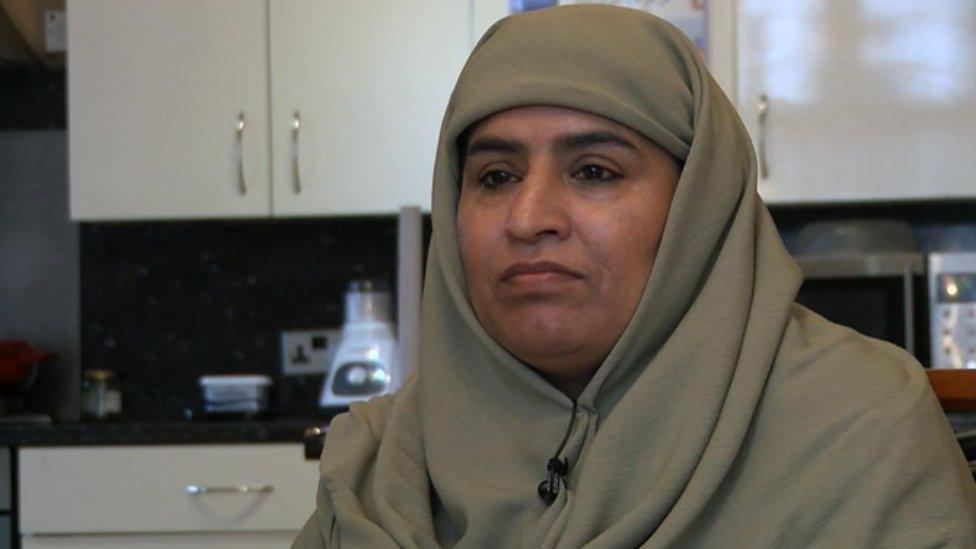Asian rape victim highlights 'shame of hidden child abuse'
- Published
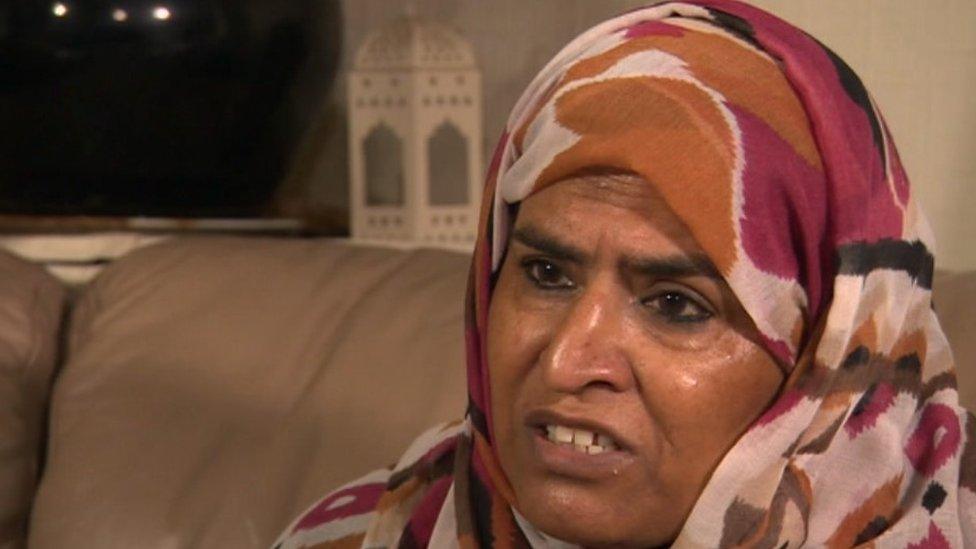
Zlakha Ahmed said her parents made her feel like the abuse was her fault
An Asian woman raped by a relative as a child has spoken out after 50 years to highlight the issue of hidden sex abuse.
Zlakha Ahmed, from Rotherham, was five when she was was repeatedly abused over a two-year period.
The 56-year-old said her parents never talked about the abuse for fear of her bringing shame on the family.
A spokeswoman for the Muslim Women's Network said child sex abuse was "endemic in South Asian communities".
Recalling the abuse at the hands of her mother's cousin, who is now dead, Ms Ahmed said: "I didn't know what was happening but I knew that, whatever was happening, that I'd been told I had to keep it a secret.
"The abuser had threatened me on many occasions.
"It was physical, like he'd smack me on the back and told me that if I told my parents they wouldn't like me any more."

'Victims blamed for abuse'
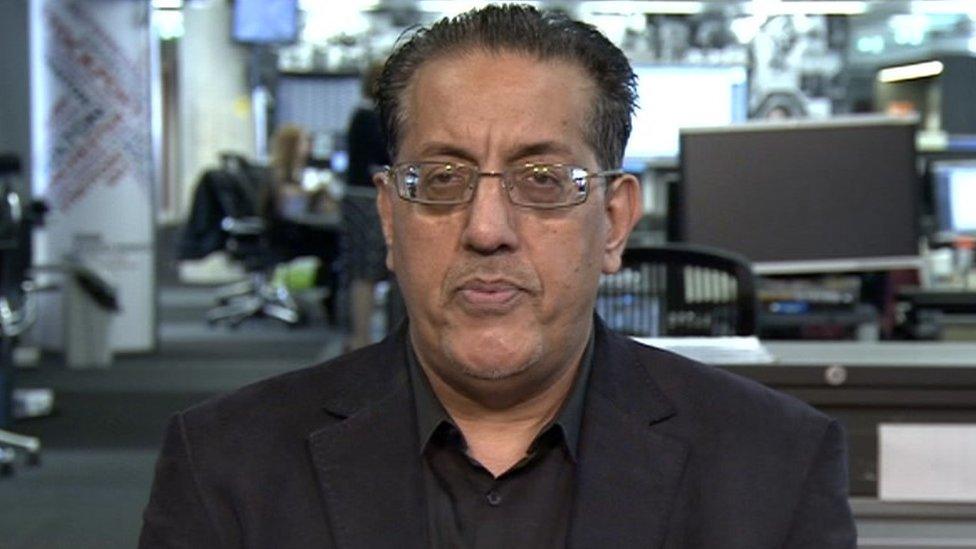
Nazir Afzal, former chief prosecutor for the Crown Prosecution Service in the North West, has worked on many cases involving child sexual exploitation.
He said the story of Ms Ahmed was "sadly not unusual".
"When it comes to those in the South Asian community, patriarchy is embedded and has been for generations.
"Men are protected, men are meant to be the breadwinners, boys are meant to be the blessing, girls are meant to be the burden. That's how we bring up our children.
"When you continue to do that you're undoubtedly going to find fault in the women and the girls and you're going to stand up for the men and often the perpetrators in this type of behaviour."

Ms Ahmed said the abuse took place in a corner shop where the family lived and on one occasion her mother, who has since died, had walked in.
"It was obvious to her what was going on," she said.
"We as a family never talked about it.
"The only thing I remember Mum saying to me at that time... about how I'd been a naughty girl and that she would have to tell Dad about it."
'It's brothers, it's grandfathers'
Ms Ahmed now runs Apna Haq, a charity that supports women and girls from black, Asian and minority ethnic groups in Rotherham who have experienced abuse or violence.
Through her work, she said she had spoken to hundreds of girls who had been sexually abused, many within the family, but felt unable to tell their parents or the police because they feared the reaction.
Shirley Maginley, the NSPCC's senior consultant for faith and minority ethnic groups, said this was because some cultures had particular beliefs about family honour.
"Sometimes maybe if they do share it with a parent or other adult they may be silenced into keeping quiet because of the dishonour and shame it may bring to the family or community.
"We do know from reports that victims from the minority ethnic communities may tend not to report incidents of abuse so it's very much a hidden crime and unreported."
Shaista Gohir, from the Muslim Women's Network, said women regularly called the helpline to talk about child sex abuse which was "endemic in South Asian communities".
"It's not just the neighbour or the uncle; it's the older brothers, it's grandfathers, it's fathers," she said.
"We need a community campaign to really raise awareness of this with survivors speaking out up and down the country to ensure that parents are better protecting their children.
"I don't think they are at the moment."
- Published3 June 2019
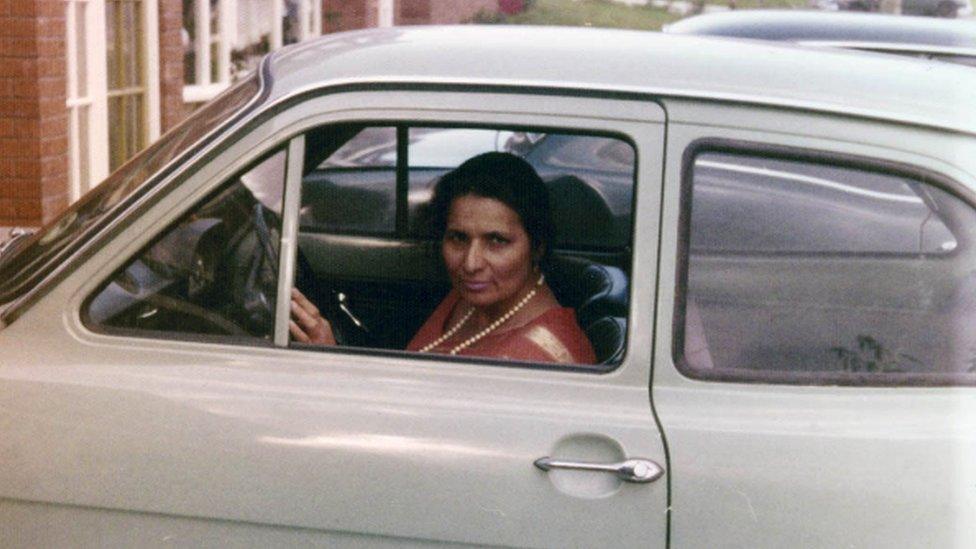
- Published23 August 2018
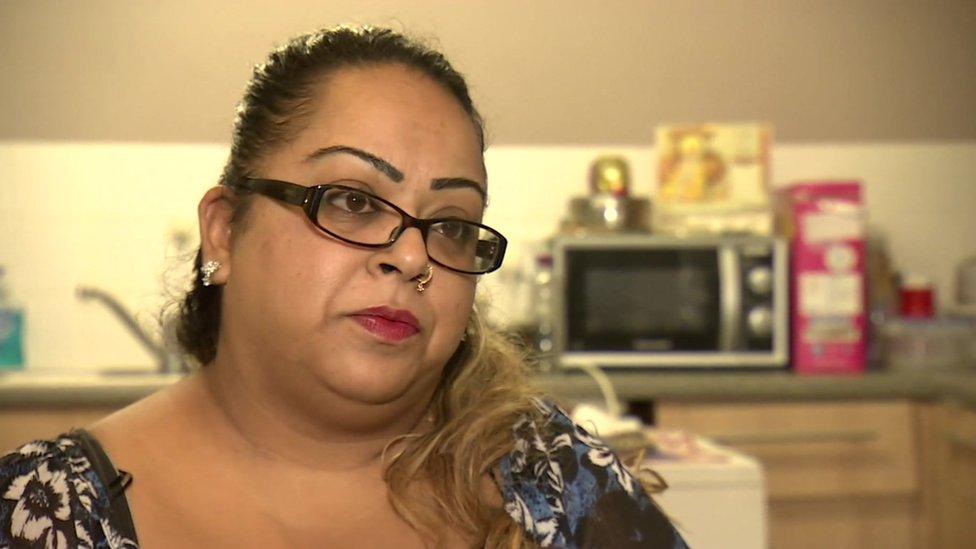
- Published26 September 2016
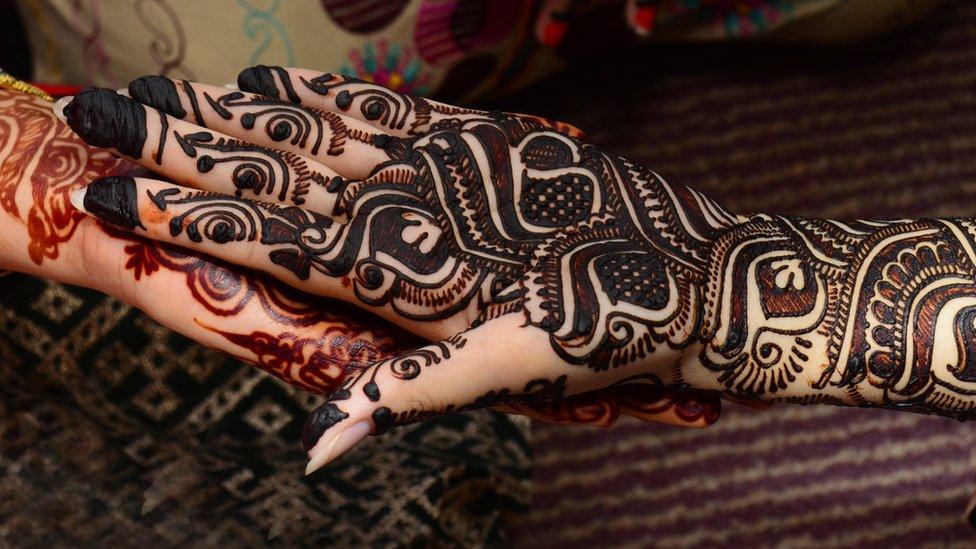
- Published24 November 2014
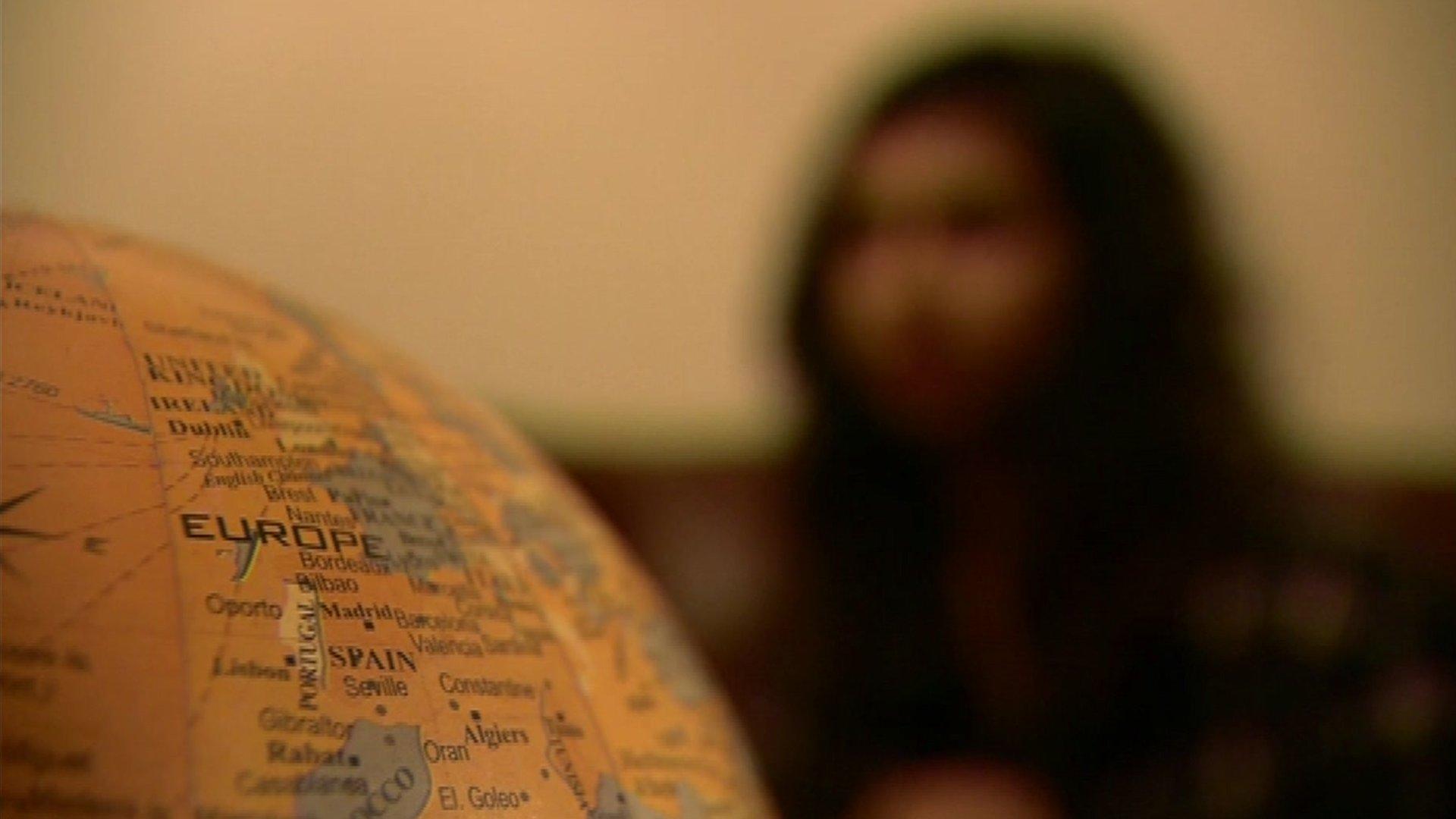
- Published31 December 2015
